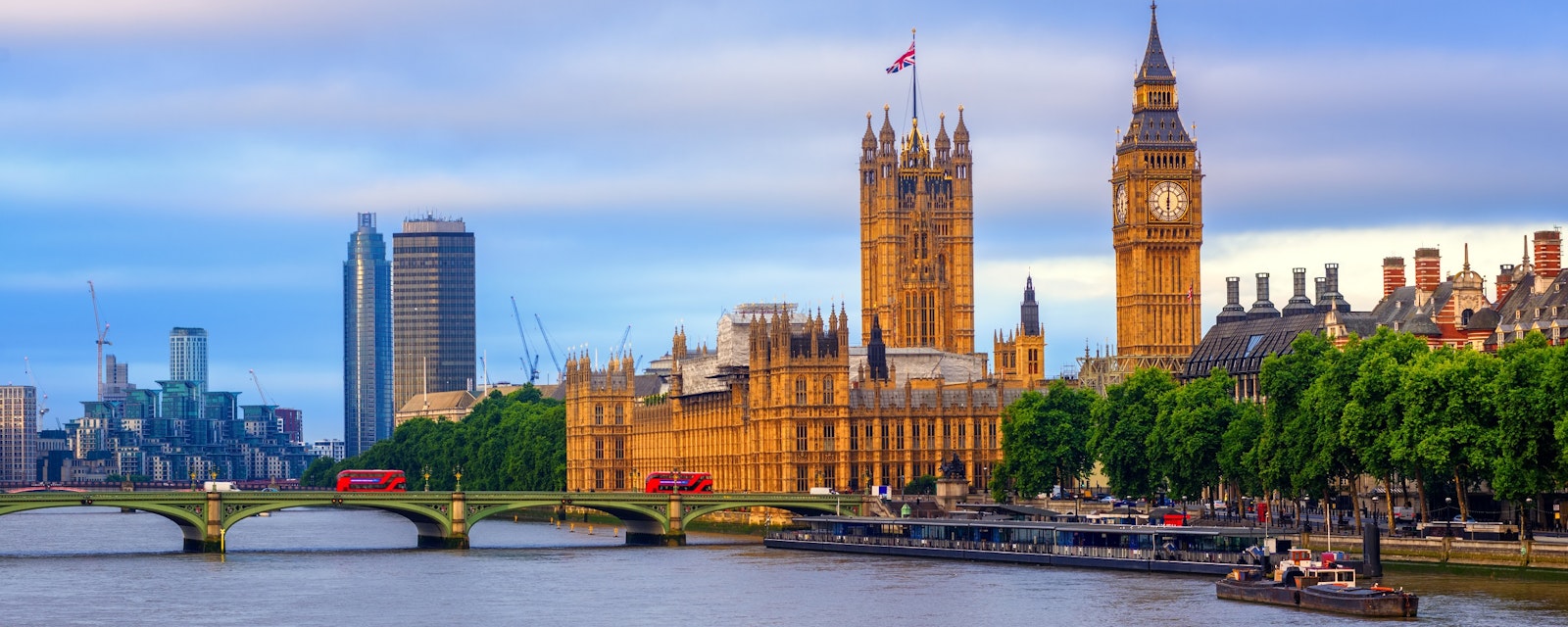New Prime Minister Liz Truss finds herself at the helm of a country facing a historically difficult moment. Though the focus has naturally been on the monarchy in recent days, the PM last week presented a package of measures with far-reaching implications for the UK economy and politics more broadly. The unprecedented spending announced in Truss’s first days raises questions over her small state agenda; this could motivate Truss to call a general election while she is still perceived as helping constituents.
With the passing of Queen Elizabeth II, the UK has entered a period of mourning for its beloved monarch, grappling with a new national identity as the Elizabethan era draws to a close. Meanwhile, the UK’s new-look government, its senior posts occupied by supporters of Truss, is facing a major economic crisis, as energy costs are unlikely to come down from their current highs due to the war in Ukraine and Russia halting gas supplies to Europe.
Unprecedented Spending
Having campaigned for weeks on a platform of rolling back the state and cutting taxes, Liz Truss’s first act as PM was to announce one of the largest state intervention in the history of the UK political economy. Her pledge to freeze energy bills for households for two years, alongside a six-month freeze for businesses and the promise of further commercial support after that period is estimated to cost more than GBP 150bn, eclipsing any other individual spend the British state has ever committed to. Notably, Truss declined to outline the costings for her plan, instead committing to a fiscal event in which the chancellor will bring forward detail, now likely to take place in the second half of next week.
There is much debate around the economics of Truss’s plans; namely how the government will pay for the debt and whether the burden will fall to taxpayers, to energy companies through state-backed loans or through borrowing in the bond market. Several other proposals have been put forward, including the notion of voluntary contract for difference (CfD) auctions through which energy generators could sell power generated from renewable sources at a lower market price than gas, decoupling gas from electricity prices for the first time.
Focus on Growth
Perhaps just as significant will be the ramifications for the remainder of Truss’s policy platform. Truss has not commented extensively on the “Levelling Up” agenda central to Boris Johnson’s platform and appears likely to deprioritize the climate commitments so important to her predecessor. However, she has been vocal in her opposition to a high tax burden and to state intervention. Her initial interactions with opposition leader Sir Keir Starmer have indicated a return to more traditional dividing lines between the Conservatives and Labour, with disagreements on tax, the state’s role, and the burden of fiscal responsibility on the free market.
To that end, Truss has promised to reverse the increase in national insurance contributions and lower corporation tax, with much less focus on wealth redistribution than has been seen for many decades. The emphasis, she believes, should be on growth as the way out of recession. Despite respective personnel changes at the top of the Treasury, for the moment, rhetoric and reality appear poles apart. With such a significant spend committed in her first days in charge, it remains to be seen whether the PM can press ahead with the promised tax cuts that won her the support of the Tory membership base.
Election Prospects
All this leads to the inescapable conclusion that Truss faces a vast political challenge in the coming months, particularly with her party languishing several points behind their opponents in the polls. She must be seen to act decisively, helping people through a major cost-of-living crisis and ensure that she pursues policies that appeal to both the working-class Red Wall constituencies that are now crucial to the Conservative electoral coalition and the more fiscally conservative, anti-state machinations of her own party and its more traditional base in affluent southern England. Given the scale of her first act, it is difficult to see how Truss will be able to enact a small state agenda in the time remaining before any election. As such, the possibility remains live that Truss could call a general election soon, before voters feel further economic pain and her party starts demanding tax cuts, and while she is still perceived as intervening to support constituents.
It has long been held that it would be difficult for any government to row back from the historic interventionism that became necessary during the pandemic. This episode has further tilted Conservative politics towards a far greater willingness to spend, and away from the “balance the books” orthodoxy of the Cameron era. Truss may have played to the party base over the summer, but the realities of governing, and playing to the electorate, are very different.




